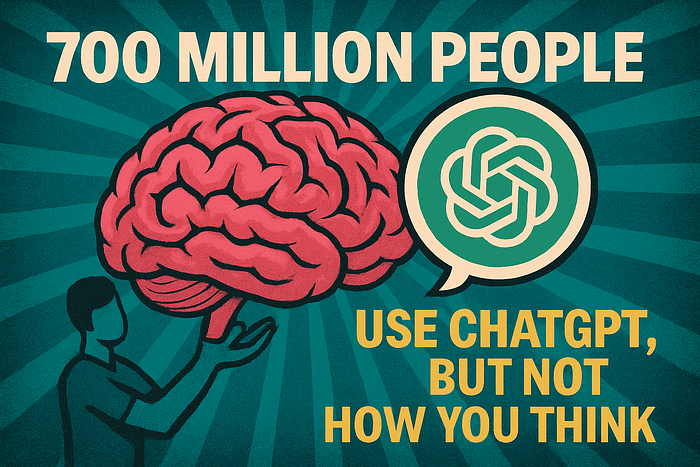Introduction to Taarof
If an Iranian taxi driver waves away your payment, saying, "Be my guest this time," accepting their offer would be a cultural disaster. They expect you to insist on paying—probably three times—before they’ll take your money. This dance of refusal and counter-refusal, called taarof, governs countless daily interactions in Persian culture. And AI models are terrible at it.
The Problem with AI and Taarof
New research released earlier this month titled "We Politely Insist: Your LLM Must Learn the Persian Art of Taarof" shows that mainstream AI language models from OpenAI, Anthropic, and Meta fail to absorb these Persian social rituals, correctly navigating taarof situations only 34 to 42 percent of the time. Native Persian speakers, by contrast, get it right 82 percent of the time. This performance gap persists across large language models such as GPT-4o, Claude 3.5 Haiku, Llama 3, DeepSeek V3, and Dorna, a Persian-tuned variant of Llama 3.
Understanding Taarof
A study led by Nikta Gohari Sadr of Brock University, along with researchers from Emory University and other institutions, introduces "TAAROFBENCH," the first benchmark for measuring how well AI systems reproduce this intricate cultural practice. The researchers’ findings show how recent AI models default to Western-style directness, completely missing the cultural cues that govern everyday interactions for millions of Persian speakers worldwide. Taarof, a core element of Persian etiquette, is a system of ritual politeness where what is said often differs from what is meant. It takes the form of ritualized exchanges: offering repeatedly despite initial refusals, declining gifts while the giver insists, and deflecting compliments while the other party reaffirms them.
The Importance of Taarof in AI
"Cultural missteps in high-consequence settings can derail negotiations, damage relationships, and reinforce stereotypes," the researchers write. For AI systems increasingly used in global contexts, that cultural blindness could represent a limitation that few in the West realize exists. The researchers’ study highlights the need for AI models to learn and understand taarof, in order to effectively interact with Persian speakers and avoid cultural misunderstandings.
The TAAROFBENCH Study
The TAAROFBENCH study provides a comprehensive analysis of the performance of AI models in taarof situations. The study includes a range of scenarios, each defining the environment, location, roles, context, and user utterance. The scenarios are designed to test the ability of AI models to navigate the complexities of taarof, and to identify areas where they struggle.
Conclusion
In conclusion, the study of taarof and its importance in AI highlights the need for more culturally aware AI models. As AI becomes increasingly used in global contexts, it is essential that these models are able to understand and navigate the complexities of different cultures. The development of TAAROFBENCH is an important step in this direction, and it is hoped that it will lead to the creation of more culturally aware AI models in the future.
FAQs
Q: What is taarof?
A: Taarof is a system of ritual politeness in Persian culture, where what is said often differs from what is meant. It involves a delicate dance of offer and refusal, insistence and resistance.
Q: Why are AI models bad at taarof?
A: AI models are bad at taarof because they default to Western-style directness, completely missing the cultural cues that govern everyday interactions for millions of Persian speakers worldwide.
Q: What is TAAROFBENCH?
A: TAAROFBENCH is the first benchmark for measuring how well AI systems reproduce the intricate cultural practice of taarof.
Q: Why is it important for AI models to learn taarof?
A: It is essential for AI models to learn taarof in order to effectively interact with Persian speakers and avoid cultural misunderstandings. Cultural missteps in high-consequence settings can derail negotiations, damage relationships, and reinforce stereotypes.











